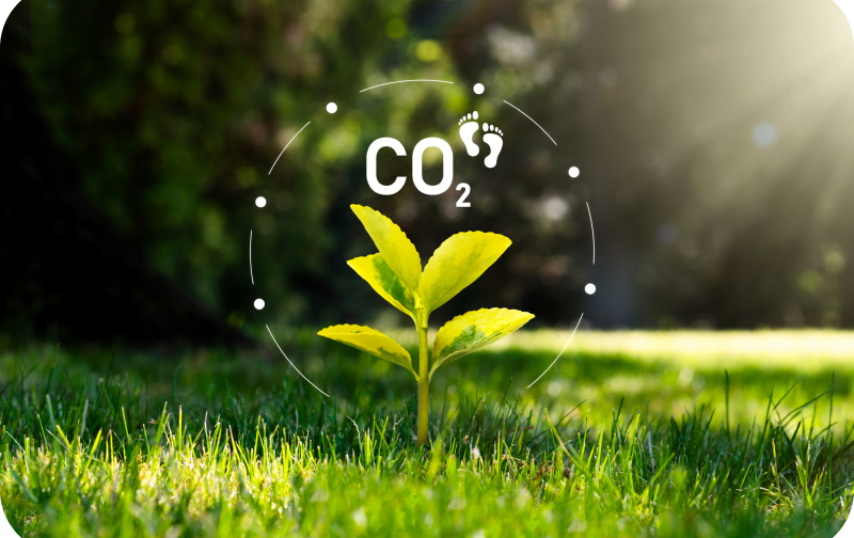OUR SUSTAINABILITY STRATEGY
As Arkas Bunker, we support sustainable growth in all sectors we operate in. We continue to create value for people, society and the environment by using superior technologies. The basis of our sustainability strategy is the management of social, economic and environmental impacts arising from our activities, the expectations of our stakeholders and the United Nations Sustainable Development Goals (SDGs).
In line with the sustainability strategy, we aim to minimize the risks arising from the effects of climate change while evaluating the opportunities arising from the same effects with maximum benefit. We carry out studies in areas such as energy efficiency, zero waste and renewable energy.
We focus on 2 priorities while implementing our sustainability strategy into our business processes.


